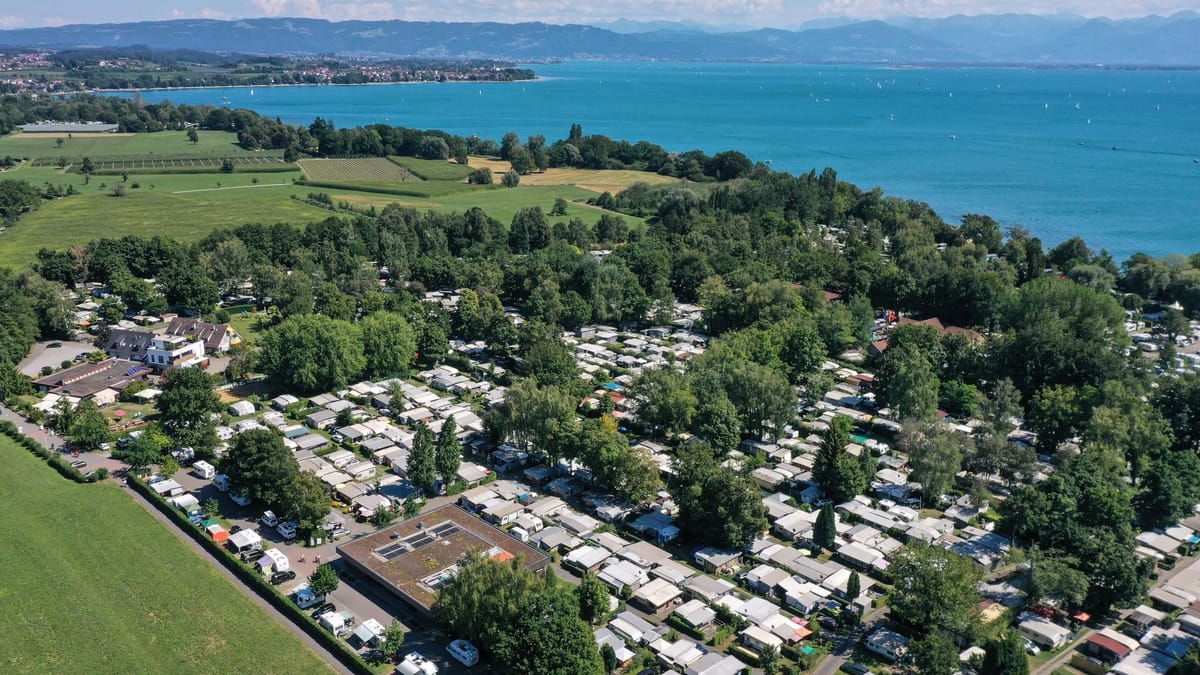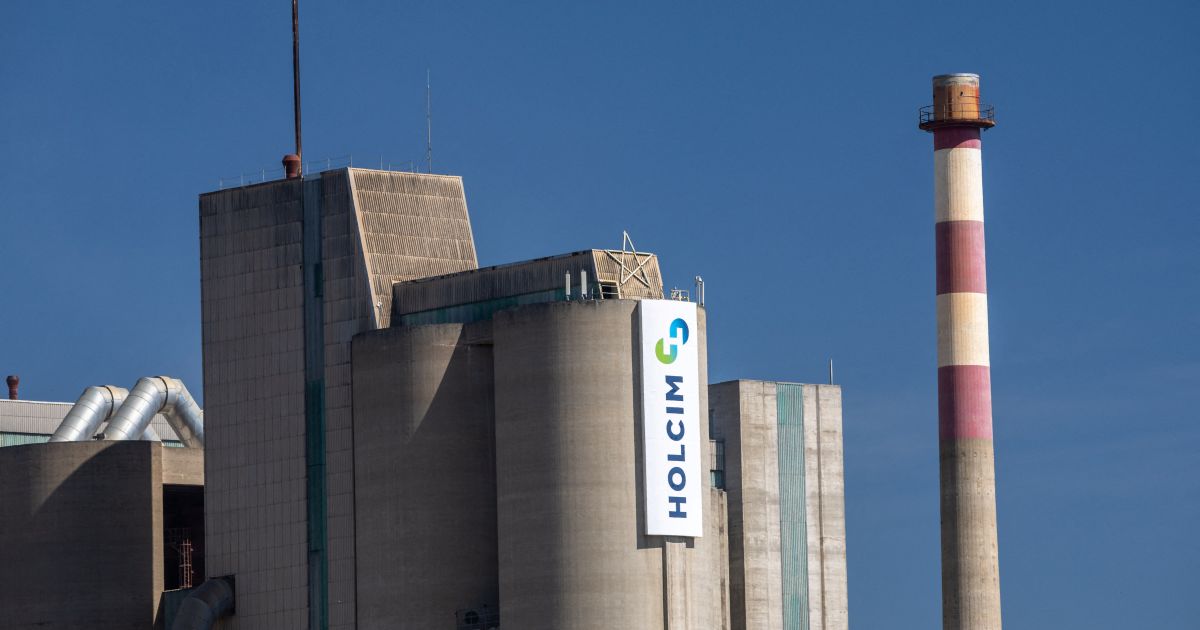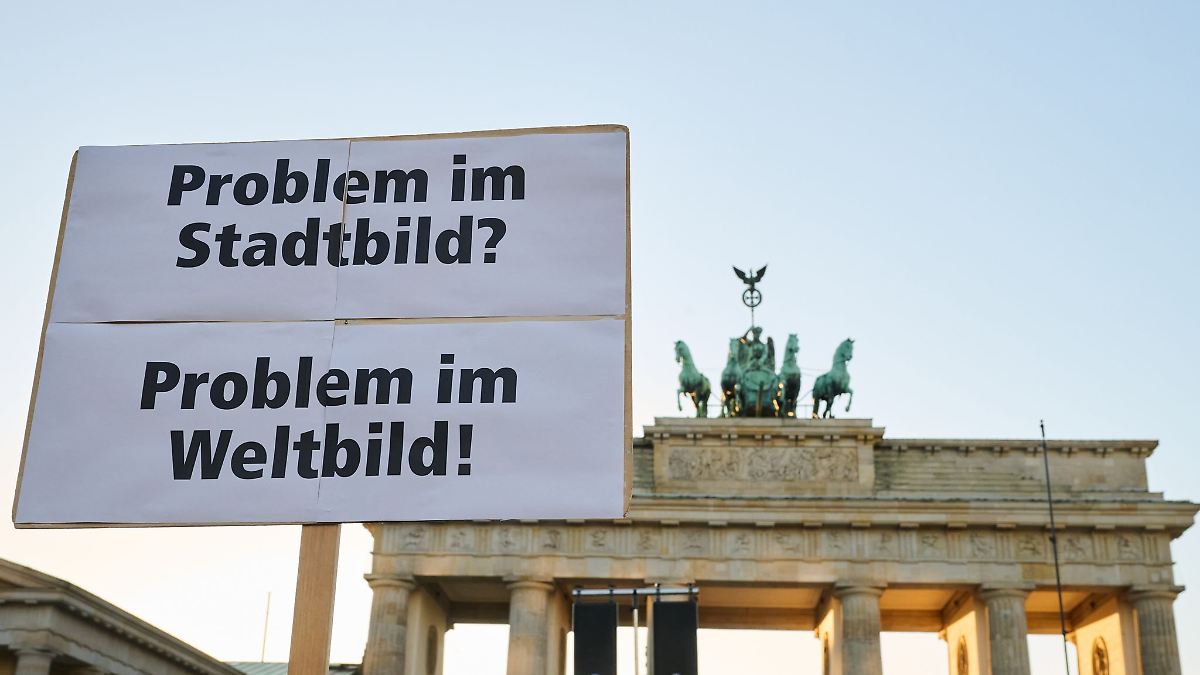In a significant show of public dissent, over 60 cities across Germany witnessed mass demonstrations calling for the ban of the Alternative for Germany (AfD) party, accused of right-wing extremism. The protests, organized by networks such as 'Together Against the Right' and 'Defend Human Dignity - Ban AfD Now', saw thousands gather, with the central rally taking place at Berlin's Brandenburg Gate. Participants urged the federal government to initiate proceedings to outlaw the party, which has been classified by the Federal Office for the Protection of the Constitution as a 'secured right-wing extremist endeavor'. The AfD, however, is contesting this classification through legal means, leading to a temporary pause in the new assessment by the authorities.
The demonstrations come in the wake of the AfD's strong performance in the February 2025 parliamentary elections, where it secured 20.8% of the vote, becoming the second-largest party. This electoral success has raised concerns among protestors and organizers about the party's growing influence and its potential threat to democratic values and human rights. Placards at the rallies bore messages such as 'Racism is not an alternative', 'Enough of fascism', and 'Hate is not an opinion', reflecting the participants' staunch opposition to the AfD's ideology.
Organizers of the protests have emphasized that their call for a ban is not a demand for immediate government action but a plea for the Constitutional Court to consider the mounting evidence against the AfD. 'We understand that banning a party is the Constitutional Court's competence. But how many more signals are needed to start the process?' questioned one demonstrator, highlighting the urgency felt by many to address the party's extremist tendencies.
The Federal Office for the Protection of the Constitution's initial classification of the AfD as a right-wing extremist organization has been a focal point of the protests. Although the office has temporarily refrained from labeling the AfD as a 'confirmed right-wing extremist organization', the demonstrations underscore a broad public consensus against the party's policies and rhetoric. With nearly 50% of Germans reportedly in favor of banning the AfD, the protests reflect a deepening societal divide over the party's place in Germany's political landscape.

Thyssenkrupp Marine Systems (TKMS), Germany's largest naval shipbuilder, made a strong debut on the Frankfurt Stock Exchange Monday, with shares trading significantly above initial expectations. The stock opened at €60 per share, far surpassing analyst forecasts of approximately €36, and...

Baden-Württemberg's camping industry is poised for a record-breaking year, with camping enthusiasts flocking to popular regions like the Black Forest and Lake Constance. Kurt Bonath, chairman of the State Association of the Camping Industry in Baden-Württemberg, reported that many campground...

Swiss cement conglomerate Holcim has agreed to acquire German building materials manufacturer Xella for €1.85 billion, marking a significant strategic move in the European construction sector. The transaction, announced on Monday, is expected to be finalized in the second half of 2026,...

MUNICH — Knorr-Bremse AG, the German manufacturer of braking systems for trucks and trains, announced on Monday it has agreed to acquire Dutch digital services platform TRAVIS Road Services International B.V. The deal, valued in the mid-double-digit million-euro range, represents the latest...

Hundreds of demonstrators gathered at Berlin's Brandenburg Gate on Sunday evening, forming a sea of lights with mobile phone torches and lighters to protest for diversity and against racism. The rally came just days after German Chancellor Friedrich Merz made controversial comments about...